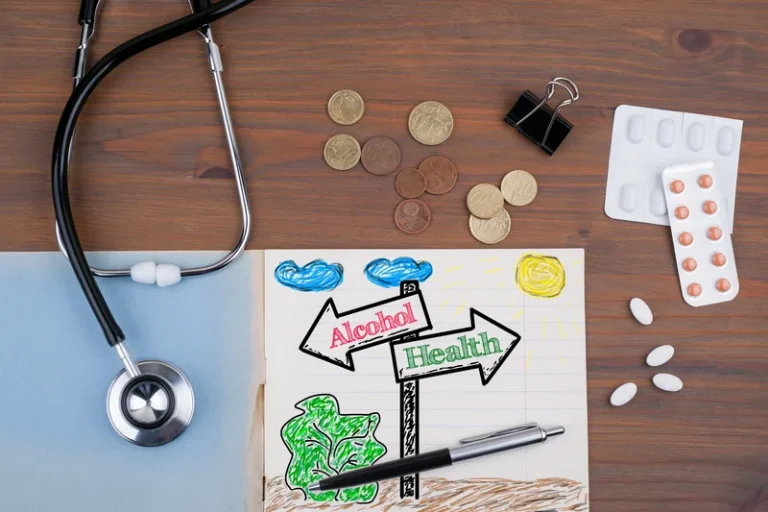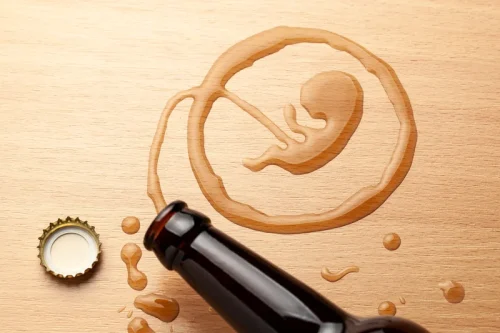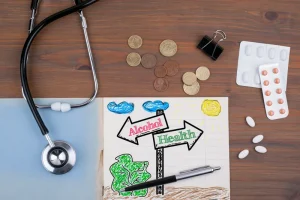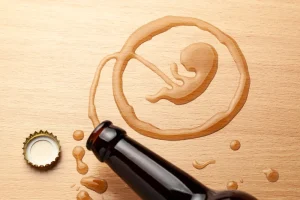
Members are encouraged to develop personal affirmations and share them with the group, helping everyone build confidence and a positive mindset in recovery. We provide a healthy environment uniquely suited to support your growth and healing. Addiction Resource does not offer medical diagnosis, treatment, or advice. Only trained and licensed medical professionals can provide such services. If you or anyone you know is undergoing a severe health crisis, call a doctor or 911 immediately. what is Oxford House Engaging in art as part of therapy enables individuals to identify self-destructive patterns illustrated in their creations.
Dual Diagnosis Rehab
- As your group focuses on the balloons and keeping them aloft, your mind will calm down, and all those problems will fade into the background.
- Medical supervision ensures that medications are used safely and effectively to support long-term sobriety.
- Payment of benefits are subject to all terms, conditions, limitations, and exclusions of the member’s contract at time of service.
- Mindfulness meditation has a wide array of health benefits aside from emotional management.
Through creative pursuits, individuals can explore their inner selves, process emotions, and find solace, providing essential emotional support. Participation in art or music therapy, where creativity becomes a healing force, offers new perspectives and fosters a sense of achievement and self-worth. Mindfulness in addiction recovery isn’t a “nice-to-know” strategy; it’s absolutely essential to learn this skill if you want the best chance of making a lasting recovery.

Teen or Adolescent Rehab
- The cost varies widely based on factors such as the type of facility, level of care, and geographic location.
- Overall, expressive arts therapy not only aids in building self-esteem but also empowers individuals to confront and overcome detrimental behaviors that disrupt their journey toward recovery.
- Participants not only develop healthier coping mechanisms but also enhance their emotional resilience and self-awareness.
Collaboration of various methods provides a holistic approach, essential for lasting change. Spirituality can provide a sense of purpose and inner peace in recovery for those interested. This session invites members to explore their spiritual beliefs—whether through mindfulness, religion, or connecting with nature—and discuss how these beliefs can support sobriety. Art therapy gives members an outlet to express emotions and experiences creatively. By using drawing, painting, or collage-making, members can explore feelings they may find hard to verbalize, allowing for a therapeutic release and greater self-awareness. Gratitude journaling helps shift focus to the positive aspects of life, which can improve mood and build resilience.

Creative Activities: Catalysts for Healing in Recovery Groups

Yes, there is substantial scientific evidence supporting addiction meditation kundalini the role of meditation in addressing emotional dysregulation and preventing relapse. Research indicates that meditation leads to significant neural changes within the brain. These changes enhance emotional regulation by improving connectivity between the prefrontal cortex—the area responsible for decision-making—and the amygdala, the brain’s fear center. As meditation reduces reactivity in the amygdala, individuals gain better control over their emotional responses, which is vital for coping with stressors in recovery. Longer programs are recommended for individuals with chronic addiction or multiple relapses.

As individuals engage in artistic activities—be it painting, sculpting, or journaling—they often uncover subconscious thoughts and feelings that may not have been previously acknowledged. The act of creating art becomes a medium of exploration, helping to externalize internal struggles which can lead to catharsis and healing. The therapeutic practice has roots that date back centuries but was formally established in the mid-20th century, proving effective for diverse populations. Through various expressive mediums—like painting, drawing, and sculpture—individuals engage in creativity that fosters personal insight. For instance, practices such as reflecting on their artwork allows clients to challenge limiting beliefs, opening up pathways to more positive perspectives and self-empowerment. At Granite Mountain Behavioral Health, we are committed to supporting you on your unique recovery journey.
- These changes enhance emotional regulation by improving connectivity between the prefrontal cortex—the area responsible for decision-making—and the amygdala, the brain’s fear center.
- This practice sharpens your attention and helps you handle cravings by keeping your mind steady.
- It’s important to note that these figures are approximate, and actual costs vary based on specific services offered, the length of the program, and individual patient needs.
- Moreover, building a supportive community environment through shared mindfulness practices amplifies recovery efforts.
- By consistently practicing mindfulness, individuals learn to observe their thoughts and feelings without engaging in immediate reactions that could lead to substance use.